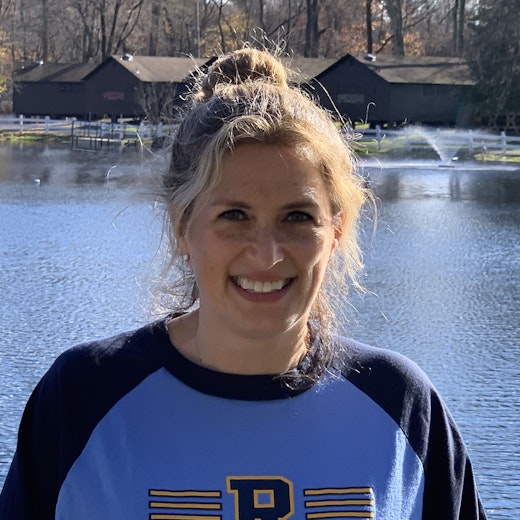Why You Should Send Your 3, 4, and 5 Year Olds to Day Camp
December 29, 2020

Summer camp provides a unique environment where children learn from their peers and develop both socially and physically while being cared for by counselors who are emotionally invested in their success. Camp programming and culture exposes young children to new opportunities and encourages participation, even if uncomfortable at first, and the results provide tremendous individual growth.
Outside the Classroom
Early childhood programs in school are full of motor and social skill building. A day camp climate provides ways to go even further with these developmental tools to provide more activities and more hands-on staff. A vibrant camp program keeps young children physically and emotionally engaged as well as entertained. Gross and fine motor skills are presented in fun ways as well as situational learning opportunities related to health and safety. The early childhood age is really the age where kids start diving into learning and practicing autonomy and discernment. A daily camp schedule not only introduces them to a myriad of activities but also creates a structure pattern, and structure is an invaluable tool for this age group. Because of their exposure to so many different activities, they also begin to really delve into their personal interests and are also presented with healthy, safe risks. All of these new navigations are under the supervision of highly trained staff, who have the time to give them attention, guidance, and positive reinforcement.

The Beauty of Exploration
In addition to skill development, counselors are teaching these young kids how to follow directions, learn and adjust to routines, extend their ability to focus, interact socially with other children in the group, and explore the world around them in curious ways. Opportunities to interact with nature in a hands-on way are widespread at camp; something most children this age do not necessarily encounter in school. When campers try something new and their effort is acknowledged by their counselors, children develop a sense of confidence that naturally translates into non-camp environments. They are also learning to trust new adults who are not their parents, guardians, or teachers. Camp encourages children to do things on their own, even if it takes a few minutes longer. Counselors are there to empower children to know they can be successful.
The Social-Emotional Tool Kit
Camp encourages children to develop bonds with each other through shared experiences unique to their group and the campers secure a sense of belonging and empowerment by their ability to steer new friendships. Oftentimes, camp fosters life-long friendships, even for children at the early childhood level. The ability to make friends is a skill and counselors are available to guide the campers in developing the tools necessary to build confidence in their social skills and peer interactions in real life situations, which will be hugely beneficial to them at camp and outside of camp. Camp for young children provides opportunities that help them learn, perhaps for the first time, the importance of shifting focus away from themselves and towards being part of a group by functioning with peers through shared experiences. Healthy competition is taught and modeled in a non-competitive way so that young children can learn and understand the dynamics present. For example, when a child scores a goal in soccer, the staff also praise the camper who passed the ball. This, in turn, teaches the team that when they work together, the result is positive unity and value of everyone. Children are also exposed to situations that help foster their awareness of their emotions and provide a safe space to navigate expressing those. Many times, children at the early childhood stage don’t readily know how to fully express how or why they are feeling things. By being part of a group, children also learn to respect the differences that exist amongst the variety of backgrounds present at camp.
There are so many indispensable skills gained at camp and no matter a child’s age, they will walk away from the camp experience more confident, more skilled, and more aware of themselves. Setting up children ages 3, 4, and 5 with these skill sets early will only enhance their social and emotional growth.

